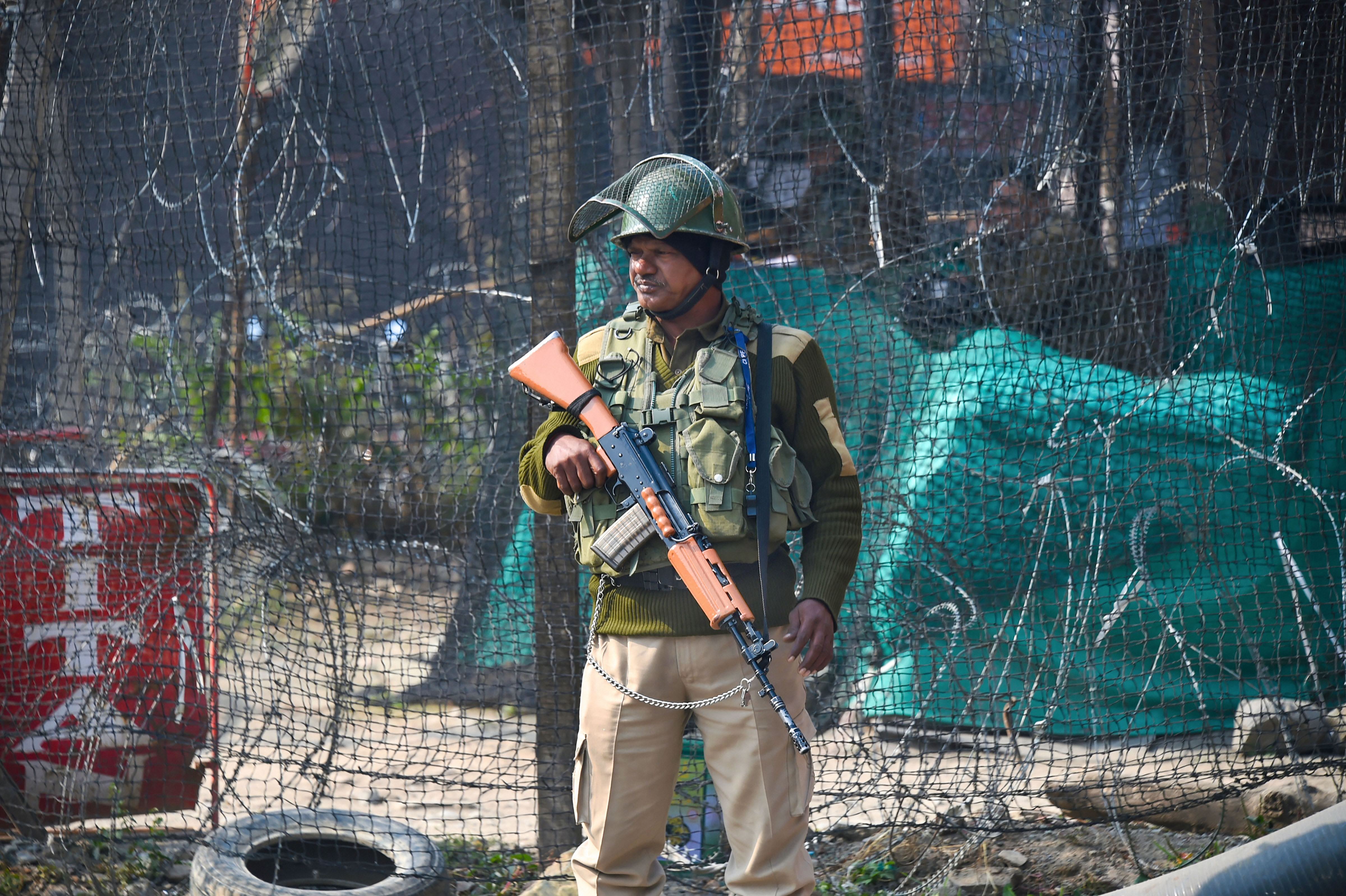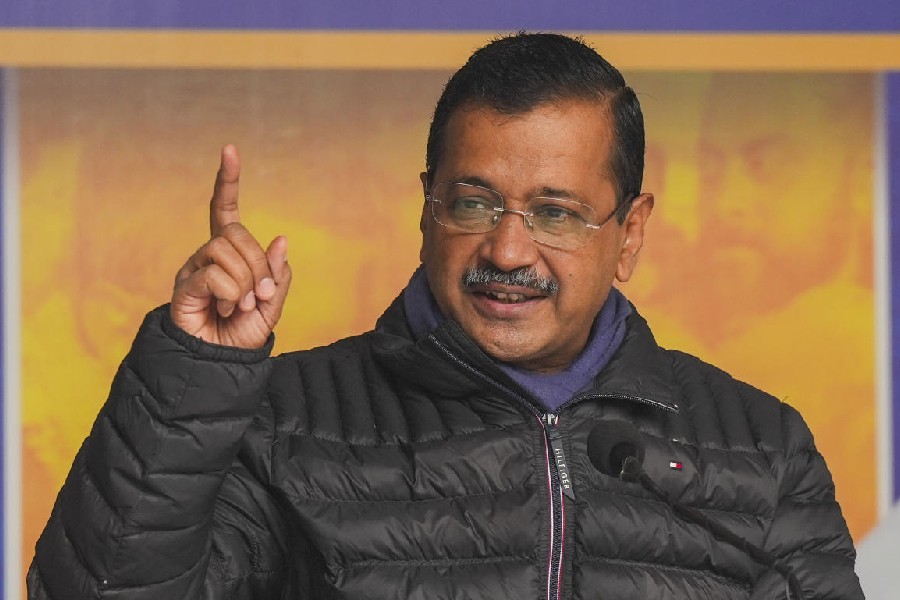Jammu and Kashmir will cease to be a state from October 31. The region will become two Union Territories, one of Jammu and Kashmir and the other of Ladakh.
This is the first time that a state has been made a Union territory. It means the two Union Territories will be under the direct rule of the Centre. Ladakh will be a Union Territory without a legislature, like Chandigarh.
Expenditure secretary Girish Chandra Murmu and former defence secretary Radha Krishna Mathur have been appointed the Lieutenant Governors of Jammu and Kashmir and Ladakh, respectively.
But what does this downgrading of a state to a Unon territory mean on the ground? Here are a few answers.
Law and order
The Centre will be in direct control of the police and law and order in Jammu and Kashmir. The Jammu and Kashmir Reorganisation Act says: “The Legislative Assembly may make laws for the whole or any part of the Union territory of Jammu and Kashmir with respect to any of the matters enumerated in the State List, except the subjects mentioned at entries 1 and 2, namely “Public Order” and “Police” respectively or the Concurrent List in the Seventh Schedule of the Constitution”.
Police, and law and order in Delhi and Puducherry are controlled by the Centre through the Lieutenant Governor (LG).
Land matters
Unlike in Delhi, the Centre has left the land as a subject under the elected government.
The land will be with the elected government of the Union Territory of Jammu and Kashmir. In Delhi, the LG exercises control through the Delhi Development Authority (DDA), a central government entity.
The act says matters related to land, that is to say rights in or over it, land tenures, transfer and alienation of agricultural land, land improvement and agricultural loans will be under the domain of the elected government of Jammu and Kashmir.
Land revenue, including the assessment and collection, maintenance of land records, survey for revenue purposes and records of rights, and alienation of revenues will also come under the purview of the elected government.
Since Ladakh will not have its own Assembly, the subjects of land, police, law and order will be under the Ladakh LG, through whom the Centre will administer the high-altitude region.
Civil servants
This matter is what has kept Delhi chief minister Arvind Kejriwal and Delhi’s Lieutenant Governor at loggerheads.
All India Services like the Indian Administrative Service (IAS) and the Indian Police Service (IPS), and the Anti-Corruption Bureau (ACB) will be under the control of the LG, not the elected government of Jammu and Kashmir.
“The members of the cadres of Indian Administrative Service, Indian Police Service and Indian Forest Service for the existing State of Jammu and Kashmir, on and from the appointed day, shall continue to function on the existing cadres,” the act says.
It means that the provincial service officers will continue serving in their current positions until a new order is issued by the Lieutenant Governors of the two new Union Territories.
For future appointments, however, service officers to be posted in the UTs of Jammu and Kashmir or Ladakh will be borne by the Arunachal Goa Mizoram Union Territory (AGMUT) cadre, more popularly known as the Union Territory cadre.
Assembly and the high court
The existing strength of 107 elected MLAs in the Assembly will be enhanced to 114 in Jammu and Kashmir after delimitation. Twenty-four seats of the Assembly will continue to remain vacant as they fall under Pakistan-occupied Kashmir (PoK).
The High Court of Jammu and Kashmir from October 31 will be the common high court for the two Union Territories. The judges of the court will become the judges of the common high court from Thursday.
There is restriction on discussion in the Legislative Assembly. “No discussion shall take place in the Legislative Assembly with respect to the conduct of any judge of the Supreme Court or of a High Court in the discharge of his duties,” the act says.











